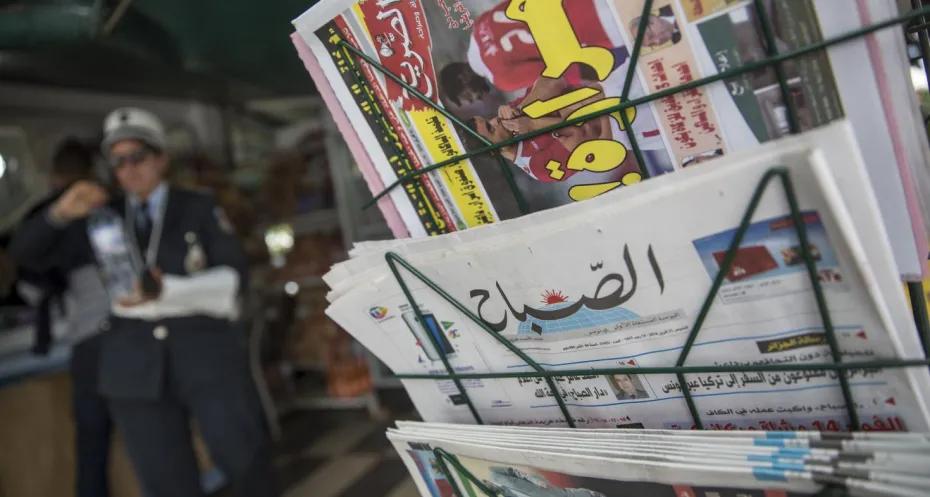Supporting media viability without losing independence

A new report, carried out by Free Press Unlimited and drawing on research provided by UNESCO and The Economist Intelligence Unit (EIU), shows how a variety of media from ten different countries handle business models and income generation in these difficult times. This knowledge exchange is set up to increase media viability, without them losing their independence.
‘Supporting Media Viability’ is a project funded by UNESCO, and co-implemented by Free Press Unlimited (FPU) and the Economist Intelligence Unit (EIU). It focused on the feasibility of possible solutions to preserve media viability without compromise to editorial independence and the integrity of journalism. For this project, FPU has organised and conducted national media consultations in ten countries with stakeholders in the media sector, and conducted knowledge exchanges on media viability to highlight and share successful media initiatives.
Generating revenue in challenging environments
The origins of this project stem from the observation that media outlets around the world are required to increasingly diversify their sources of revenue. However, as the revenues per traditional income streams are decreasing, the diversification of income models remains a challenge. For media operating in very challenging press freedom environments there are few possibilities to generate commercial revenue. Media in the comparatively less challenging environments also need to continuously update their business models.
Considerable flexibility and resilience is required to survive while developing a diversified income model over the course of many years, especially considering the digitalisation and influence of big technological companies on media, the advertisement market, and outreach. Overall, media need to receive continued support to innovate their business models, as well as access to stable funding sources. The issues affecting media viability are complex, and require different interventions - from advocating at the level of governments, to educating the public about the importance of reliable information.
Perspectives on viability from ten countries
To better understand the current challenges on media viability, and to explore room for cooperation, representation and sharing of successful initiatives on media viability, FPU conducted two main activities. As a first step, FPU attempted to understand, from a practitioner's point of view, how preserving media viability is considered in ten different countries: Brazil, El Salvador, Indonesia, Jamaica, Lebanon, Namibia, Nigeria, Pakistan, Senegal and Tunisia. It focuses on challenges and opportunities for sustainability of independent media. In particular, the income streams and business models of media, access to (online) advertisement, the impact of big tech, and the way independent media are affected by the contexts in which they operate, are highlighted.
Knowledge exchange webinars
As a second step, a series of five knowledge exchange webinars entitled ‘Monetizing Trust – Best practices for a membership model’ were organised between media practitioners and successful media initiatives as identified by FPU. These webinars identified some interesting takeaways. First of all, an audience tends to sign up when a medium is in a crisis situation (such as being sued), or after the medium publishes a large investigative story. Second, there is a need for media to communicate often and clearly with potential members to ensure that they see the same message over and over again, particularly why it is important that they support a media platform. Third, the collection of information about (potential) members using surveys is advised. This will give a media platform information on which groups you might want to reach out to more often or in a different way.
Fourth, members support media because they believe in what they do. It is important to tell a story, and share the impact of work. Fifth, media should not be too rigid in the way they would like to receive support. They could create a community of support that works for whoever wants to support you by making it possible for people to donate occasionally or become a member. Finally, the context in which you work might create financial or economic bottlenecks that should be identified, and should be considered in the income revenue approach of each media platform.
Free Press Unlimited will build on the findings of the ‘Supporting Media Viability’ project, and explore further activities together with the media practitioners across the world, and partners UNESCO and EIU.
The national consultations and knowledge exchanges can be retrieved on Free Press Unlimited's Knowledge & Quality website:
And the webinars are listed on YouTube here:
The full report can be found here:
Photo: Jeppe Schilder.
